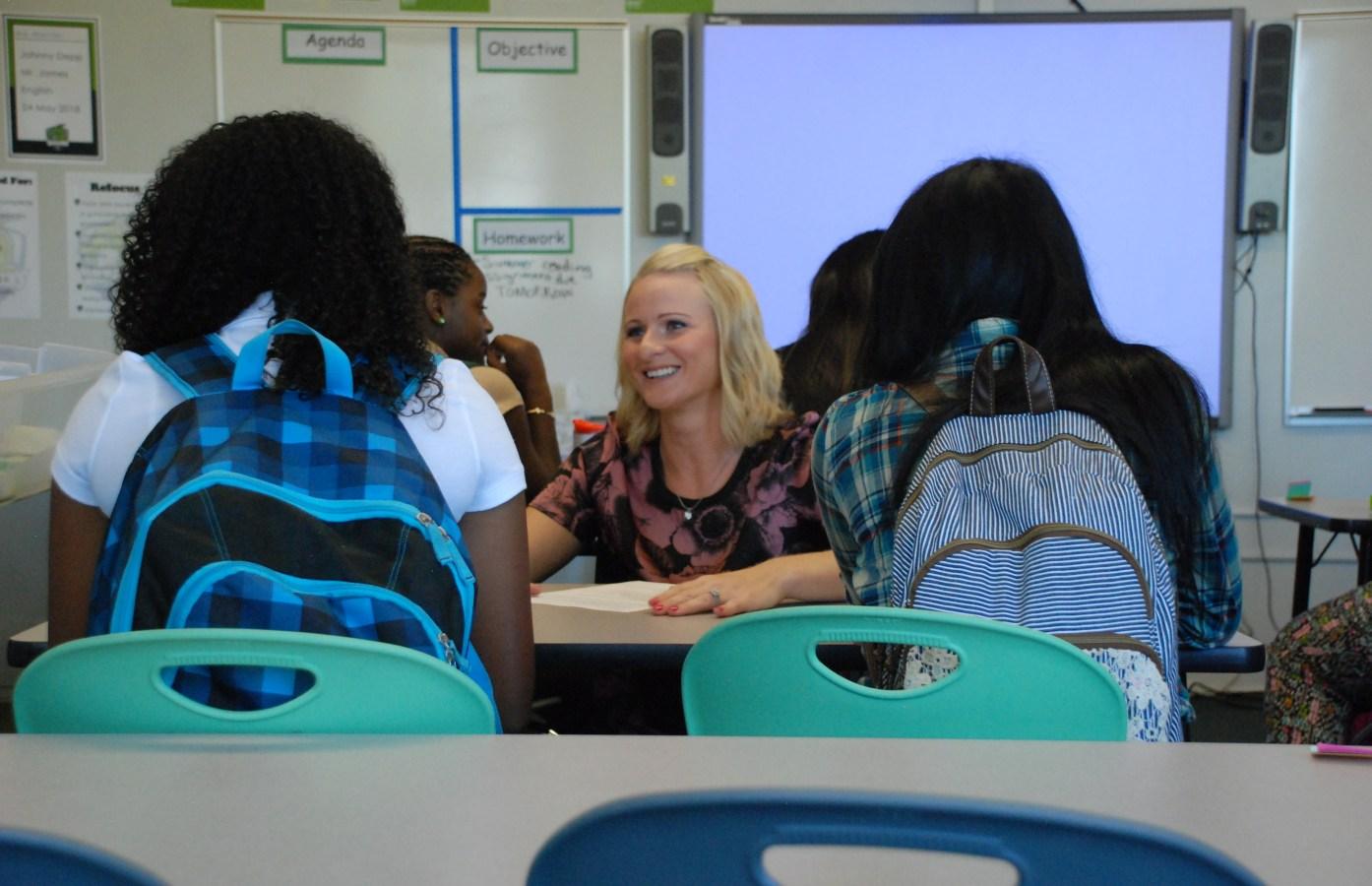Denver’s largest homegrown charter school network, DSST, won a $250,000 prize Monday for its success educating students from low-income families and students of color.
The Broad Prize for Public Charter Schools is given annually to the top large charter school network in the country by The Eli and Edythe Broad Foundation and the National Alliance for Public Charter Schools. This was the second year DSST was a finalist.
The quarter-million-dollar prize must be used to help prepare students for college.
“DSST is a great example of the much-desired and elusive combination: a network that ensures outstanding results for all types of students while growing to serve more students,” said Macke Raymond, director of the CREDO research group at Stanford University and a member of the review board that chose the winner.
DSST operated 13 middle and high schools in Denver this past school year, serving 5,300 students. More than 80 percent were students of color, and two-thirds qualified for free or reduced-price lunch, an indicator of poverty. DSST strives for diversity and at some of its schools, gives priority to students who qualify for subsidized lunch.
In choosing DSST, the 10-member Broad Prize review board noted that for the past decade, 100 percent of DSST graduates have been accepted to four-year colleges or universities. They also recognized the network’s high test scores, particularly on the ACT.
DSST is poised to grow even more in the coming years. It will open a new middle school in far northeast Denver this fall, and a middle school and a high school in the neighboring city of Aurora in 2019. The Aurora school board has approved four DSST schools in what will be the network’s first expansion outside of Denver. Meanwhile, the Denver school board has approved eight more DSST schools that don’t yet have opening dates.
“This award belongs to our students, staff, and the DSST community,” said Bill Kurtz, CEO of the network. “It is an amazing reflection of their commitment to excellence every day in our classrooms.”
The other finalists this year were Achievement First and Uncommon Schools. Both are bigger than DSST: Achievement First runs 34 schools in New York, Connecticut, and Rhode Island, while Uncommon Schools has 52 schools in New York, New Jersey, and Massachusetts.
To be eligible for the prize, charter networks must have had five or more schools in operation during the past three academic years, serving at least 2,500 students. Of those students, 33 percent had to be students of color and 40 percent had to qualify for subsidized lunches. Forty-one charter networks qualified, including another in Denver, STRIVE Prep.
Chalkbeat is a nonprofit news site covering educational change in public schools.












